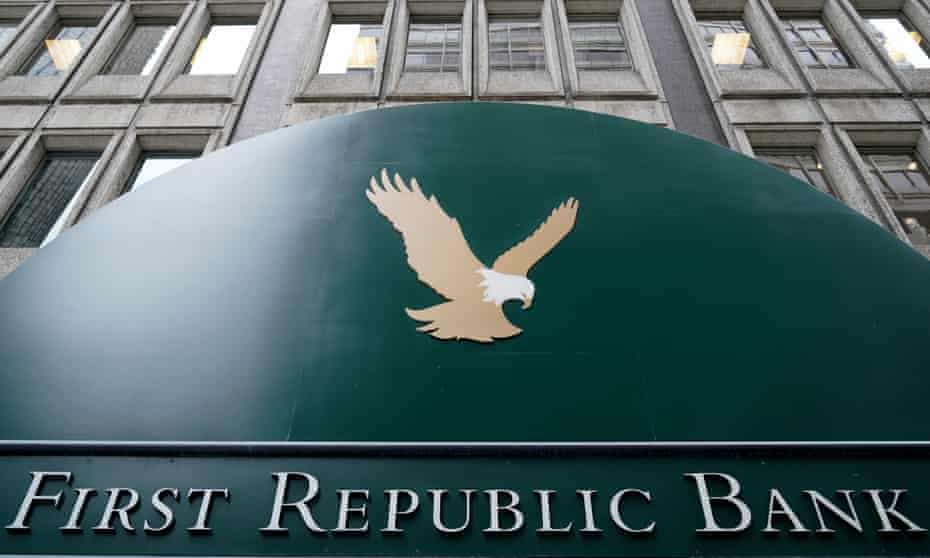Regional US bank shares recovered on Friday, but investors are still suffering significant losses for the week due to worries over the sector’s health, entrepreneurng.com.
The failure of Silicon Valley Bank in March was followed by those of Signature Bank and First Republic until it ended last weekend. Some local lenders are finding it difficult to adjust to the steep increase in interest rates that central banks implemented in an effort to control inflation.
Shares of PacWest increased by 49% on Friday morning, compared to gains of 31% for Western Alliance, 15% for Zion, and 5% for First Horizon. While PacWest shares are now worth half as much as they did last Friday, erasing more than $600 million from its market capitalization, all four banks are still trading at a significant discount to where they were a week ago.
However, the limited recovery helped US stock markets and drove up oil prices. As hedge funds speculated that share prices would fall much further, the crisis had the potential to worsen.
Following Reuters’ story that US officials were investigating if “market manipulation” was to blame for the recent volatility, Friday’s rise took place.
“The American Bankers Association has requested federal regulators to look into a wave of significant short sales of banking stocks, and the White House has committed to monitor “short-selling pressures on healthy banks.”
Markets.com’s Neil Wilson suggested that regulators should think about outlawing short selling to “buy time” during the sell-off. “There may need to be a ‘whatever it takes’ line in the sand moment, which the US authorities haven’t done,’ he added. It’s possible that part of it includes a ban on shorting bank shares. Remember that there hasn’t even been a recession or full credit cycle; this bank stress is just from being on the wrong side of rates.
Jaret Seiberg, an analyst at the investment bank TD Cowen, compared the turmoil to the short selling that wrecked GameStop’s stock in 2021 and said: “We believe the banks are having their GameStop-like moment, where social media is amplifying non-traditional approaches to assessing solvency. This strains stock prices and produces a self-fulfilling narrative that raises further concerns.
Click here to apply for a Visa abroad
Conclusion
The US Federal Reserve voted to raise interest rates to a 16-year high on Wednesday, despite concerns about the impact of the financial crisis on the broader economy, which led to a decline in the value of the dollar relative to the pound.
Next Thursday, when interest rates are set to rise to 4.5 percent in the UK, the Bank of England is expected to do so. The markets are now pricing in one more increase before the end of the year.


